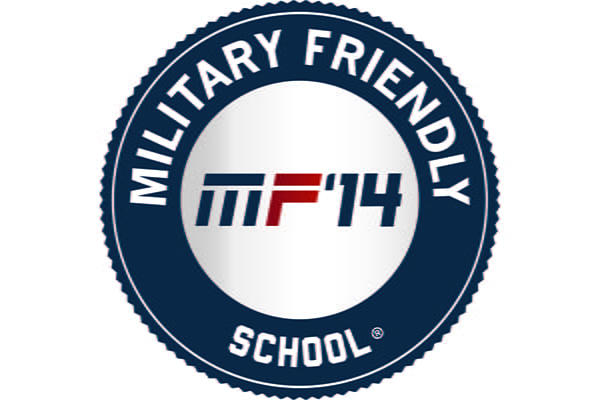Drexel named ‘Military Friendly School’ for fifth straight year

After the Post-9/11 GI Bill passed in 2008, providing tuition benefits for men and women who served in the military after Sept. 11, 2001, Drexel leaders made sure to roll out the welcome mat for new students who had served their country.
And five years later, it’s tough to argue with the results. Drexel this month was named for the fifth year in a row to the “Military Friendly Schools” list compiled by Victory Media.
The list recognizes what Victory considers the top 20 percent of U.S. universities, colleges and trade schools in the area of welcoming military veterans, active-duty service members and military spouses. Drexel has landed on the list every year it’s been published.
And that’s no accident. University leaders decided five years ago to welcome post-9/11 veterans with open arms—and Drexel has been military-friendly for much longer than that.
“If you look at the history of the University, you find that we are a military-friendly university from the very beginnings,” said Rebecca Weidensaul, associate dean of students.
The National Guard Armory on Drexel’s campus was built in 1916, and until 1969 all male Drexel students were required to serve in the Reserve Officers’ Training Corps.
After passage of the Post-9/11 GI Bill, Drexel continued that tradition by agreeing to fully fund veterans’ education in partnership with the U.S. Department of Veterans Affairs, providing full tuition and fees for an unlimited number of veterans eligible for the bill’s Yellow Ribbon program.
That alone made Drexel unusual, said Melissa Englund, assistant vice president in the Office of the Senior Vice President for Finance, Treasurer & CFO and a co-chair of the University’s Veterans Task Force. But leaders wanted to do more.
“We knew that we needed to support them in more than the financial ways,” Englund said. “They were going to have other challenges coming to campus.”
Drexel didn’t want veterans drawn to the University by a free education to feel unwelcome once they stepped on campus. And a veteran returning from Iraq or Afghanistan often needs a much different kind of support than an 18-year-old fresh out of high school.
“You look at them, and they look like the typical 21-year-old,” Englund said. “But they’re not. They’ve had very different life experiences.”
So Drexel created an infrastructure devoted to helping those veterans and making them feel at home.
A Veterans Task Force was formed comprising faculty and professional staff members who were designated to help veterans with benefits, counseling, registration, disability-related help and other assistance they might need. Based on a recommendation of the Veterans Task Force, veterans were granted priority course registration, so they can ensure they enroll in the classes they need before their federal benefits expire. On Veterans Day in 2011 (the date: 11/11/11), Drexel opened its Veterans Lounge, a social and study space reserved for the University’s roughly 700 student veterans. Activities for the whole campus, including tributes on Veterans Day and Memorial Day, have honored student veterans while teaching their classmates about their sacrifices.
In all these areas, Weidensaul said, Drexel serves as a model for other universities.
“I really think we’ve gotten this thing down to a science,” Weidensaul said.
In fact, word of Drexel’s military friendliness has spread so much that the University has begun to attract veterans and active-duty military members who aren’t even eligible for GI Bill benefits.
Drexel’s regular presence on the “Military Friendly Schools” list has also helped spread the word. The list is published online, in the magazine G.I. Jobs, in an annual guide and in other places.
But the reason Drexel works to make itself a great spot for veterans isn’t to make it onto a list, Weidensaul said.
“They love their country. They served their country. And now they chose Drexel,” Weidensaul said. “And I think that’s a huge honor for us, and a great opportunity for us to prepare them for the next mission.”
In This Article
Drexel News is produced by
University Marketing and Communications.

